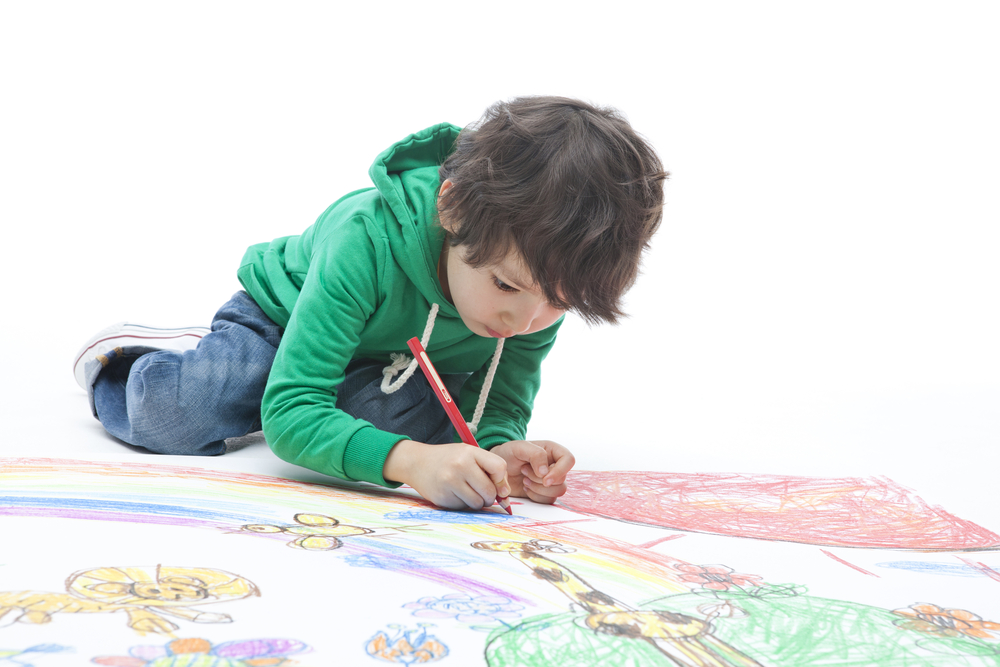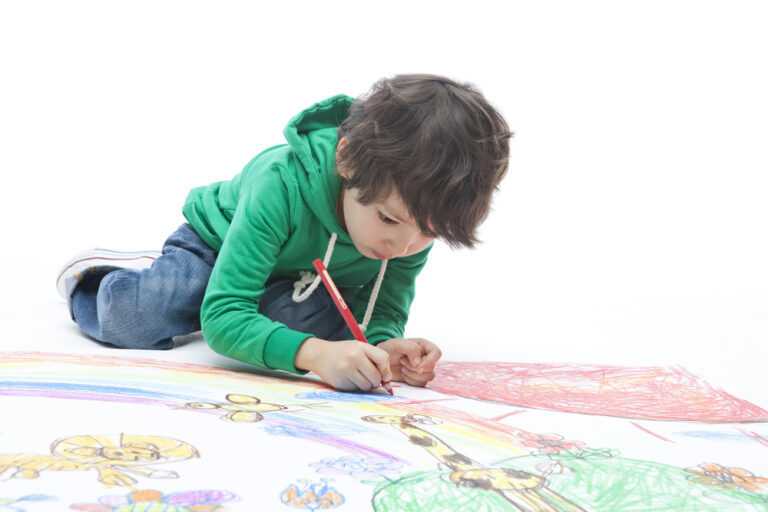Month: March 2025
The 77th Hong Kong Schools Music Festival Singing and Dancing Competitions – Chinese Silver Award and English Bronze Award
The 77th Hong Kong Schools Music Festival Singing and Dancing Competitions - Chinese Silver Award and English Bronze Award


Parenting Tips
March 2025

Written by : Family Dynamics Child Play Therapist
Marriage and Family Therapist, Ms. Lee Wai Zi
Growing up, we are seldom taught to express our emotions verbally. Schools and society focus on nurturing children’s cognitive, analytical, and problem-solving skills, so we are used to discussing things and opinions, and rarely express our emotions directly in words. Even when families communicate and talk to each other, we are not used to sharing our feelings.
Some parents may ask, “Isn’t it enough for me to express my care for my child through actions (such as hugging or kissing him/her)? Is it necessary for parents to verbally affirm and respond to their children’s feelings and needs?
While it is important for parents to express their love for their children through actions, it is also important for parents to respond empathetically to their children so that they can understand and accept their thoughts and feelings in a more concrete and tangible way. This not only strengthens the parent-child relationship and builds the child’s sense of security, but the child also learns how to verbally express his or her feelings and needs, which helps reduce the need for the child to express his or her inner turmoil through bad behavior.

In fact, the language of emotion is not the language we are used to. Many parents are concerned that affirming and empathizing with their children’s negative emotions may condone and exacerbate their children’s bad behavior. For example, when a child feels sad about the loss of a beloved object, parents are afraid that rehashing the incident will touch on the child’s sad feelings. Parents may say to their children, “It’s okay, just play with something else! or “Try to see if you can buy another one instead. Parents want to calm their children by solving their problems.
However, not only do children fail to learn from their parents’ responses how to access and understand their own feelings and effectively regulate their negative emotions, they also have no opportunity to learn from their failures and develop a sense of responsibility.
If parents can put themselves in their children’s shoes, understand their experiences from their children’s perspective, and try to tell them how they feel, even if it is as simple as “I think you must be very sad and upset about losing your beloved object. This is the most powerful support and comfort for children, giving them the confidence and courage to face the challenges of life.

Parenting Tips
March 2025

Written by : Family Dynamics Child Play Therapist
Marriage and Family Therapist, Ms. Lee Wai Zi
In today’s society, it is indeed not easy for parents to maintain a good state of mind and body. I have met with many parents and found that the difficulty most parents face is not that they do not understand their children’s feelings and needs, or that they do not know how their behavior affects their children, but that it is difficult to maintain a trusting and optimistic attitude towards their children when they are in a situation. Often, parents become increasingly anxious as they worry that their child’s problems will continue and worsen, and repeat ineffective ways of dealing with their child’s problems.
So, how can parents maintain the best mental state to face the stress and challenges of disciplining their children? Here are some tips for parents to consider:
- Be more sensitive to your own stress levels
Parents are human beings, so there will be times when they are depressed or physically and emotionally exhausted. The purpose of parents being sensitive to their own mental state is to remind themselves that they need to take care of their own needs first. It is difficult for parents to be sensitive and responsive to the needs of their children when they are in a highly stressed state. Conversely, inappropriate responses may harm the child and damage the parent-child relationship.
- Use resources effectively to relieve stress
When parents feel stressed, they should try to explore and make good use of their own internal and external resources to regulate their negative emotions. For example, find family members or friends to talk to, do things that can relax you, and find positive thoughts and beliefs to encourage you. The purpose is to give yourself a proper rest and temporary relief from stress.

- Turn your mind around and reflect
If a parent’s stress continues and increases, professional help is needed. Sometimes, these pressures come from more than just external influences. Parents’ self-worth, worldview, and perceptions of things can affect how we parent. For example, some parents worry that they are not doing enough to fulfill their parental responsibilities and end up pushing their children to study or participate in activities, or even that they are not flexible enough to respond to their children’s needs when they are stressed and negative. If
parents are aware of and take care of their own feelings and needs, they can prevent their negative emotions from affecting the next generation.
Therefore, parents who love their children must first love themselves. Only when parents are healthy and happy can their children grow up healthy and happy.
Drawings peek into the inner world of children
- Post author By system
- Post date 01/03/2025
- No Comments on Drawings peek into the inner world of children

Parenting Tips
March 2025

Written by: Unleashing Mind Professional Counselling Academy
Psychotherapist Lee Wai-Tong
Painting can give us room to express our feelings. I use a brush to create a dialogue with myself in another language, soothing my emotions or gaining insight and unlocking my heart.
Crying over trivial stuff
In my past child counseling sessions, some parents came to me for help. They did not understand why their son, Ming, often cried over trivial things, such as being late for TV, late for dinner, or when his father came home late, etc. They mentioned the situation to Ming, but they did not understand why, which caused them trouble. Therefore, I suggested conducting a drawing assessment for Ming to understand the environment in which Ming grows up in his mind, which may help to understand the reason why Ming loves to cry.
Drawing reveals the reason for crying
Ming drew a “family story”. While drawing, he expressed his feelings that his parents were busy with work all day, so he often played alone at home. When his parents came home, Ming wanted to play with them, but his father soon became impatient. In Ming’s mind, it seems that his father is always angry; whenever his mother sees this situation, she will argue with him. In Ming’s eyes, his mother always looks sad when she argues with his father. In Ming’s mind, he knew that his parents loved him, but when he saw that his father was angry and his mother was sad because of him, he felt sad.

A peek into the inner world through paintings
Later, I met with Ming’s parents again. They never imagined that the quarrel in front of Ming was deeply engraved in their son’s heart. In addition, the father also found that his tiredness after work affected the quality of parent-child interaction. In this regard, I taught the father some relaxation methods and suggested setting up a “calm zone” at home to give everyone a space to relieve their emotions, and the parents promised to avoid arguing in front of Ming.
A month later, Ming no longer cried over trivial matters and the parent-child relationship was better than before. Painting can reflect children’s inner world view. In the process of creation, children project their inner world intentionally or unintentionally, so that we can understand their inner world and help them grow up healthily.


